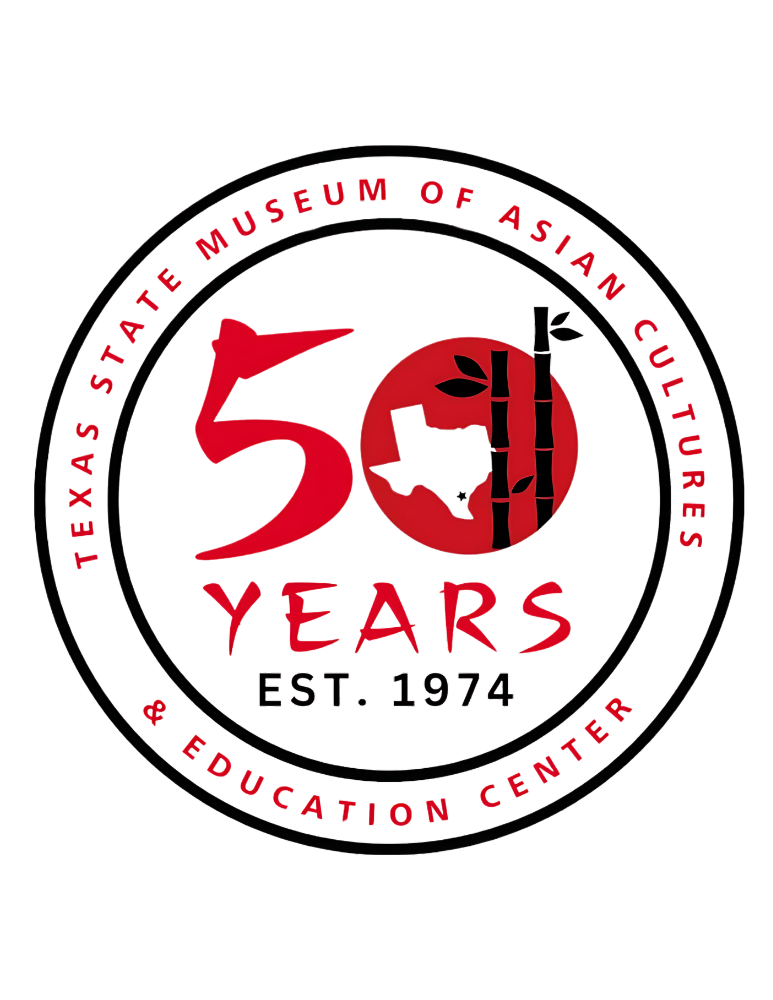About our house
Timeline
From humble beginnings to sharing unique experiences. Our museum is continuing to grow!

1960s
1960s
History of the Museum
Foundation
Mrs. Billie Trimble Chandler, a Corpus Christi native, establishes the Texas State Museum of Asian Cultures & Education Center. After spending many years in Asia researching, teaching, and studying cultural art and artifacts, she brings her extensive collection back to Texas. The museum's mission is to build a bridge connecting the peoples, arts, and history of Asia to Texas.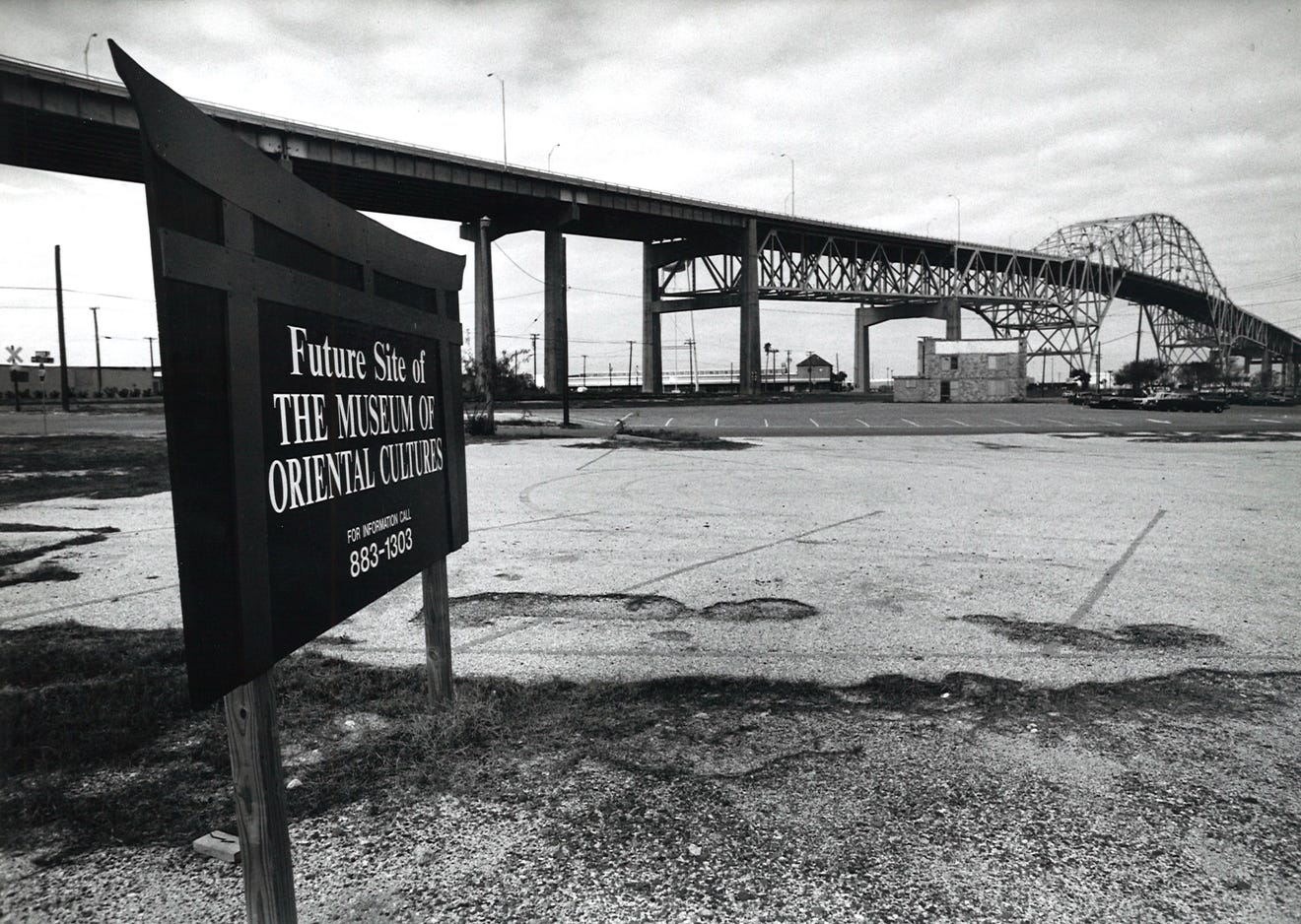
1980s
1980s
History of the Museum
Relocation
The museum moves to a new location in Corpus Christi to accommodate its growing collection and visitor base. This move marks the first of several relocations aimed at enhancing the museum's accessibility and exhibition capabilities.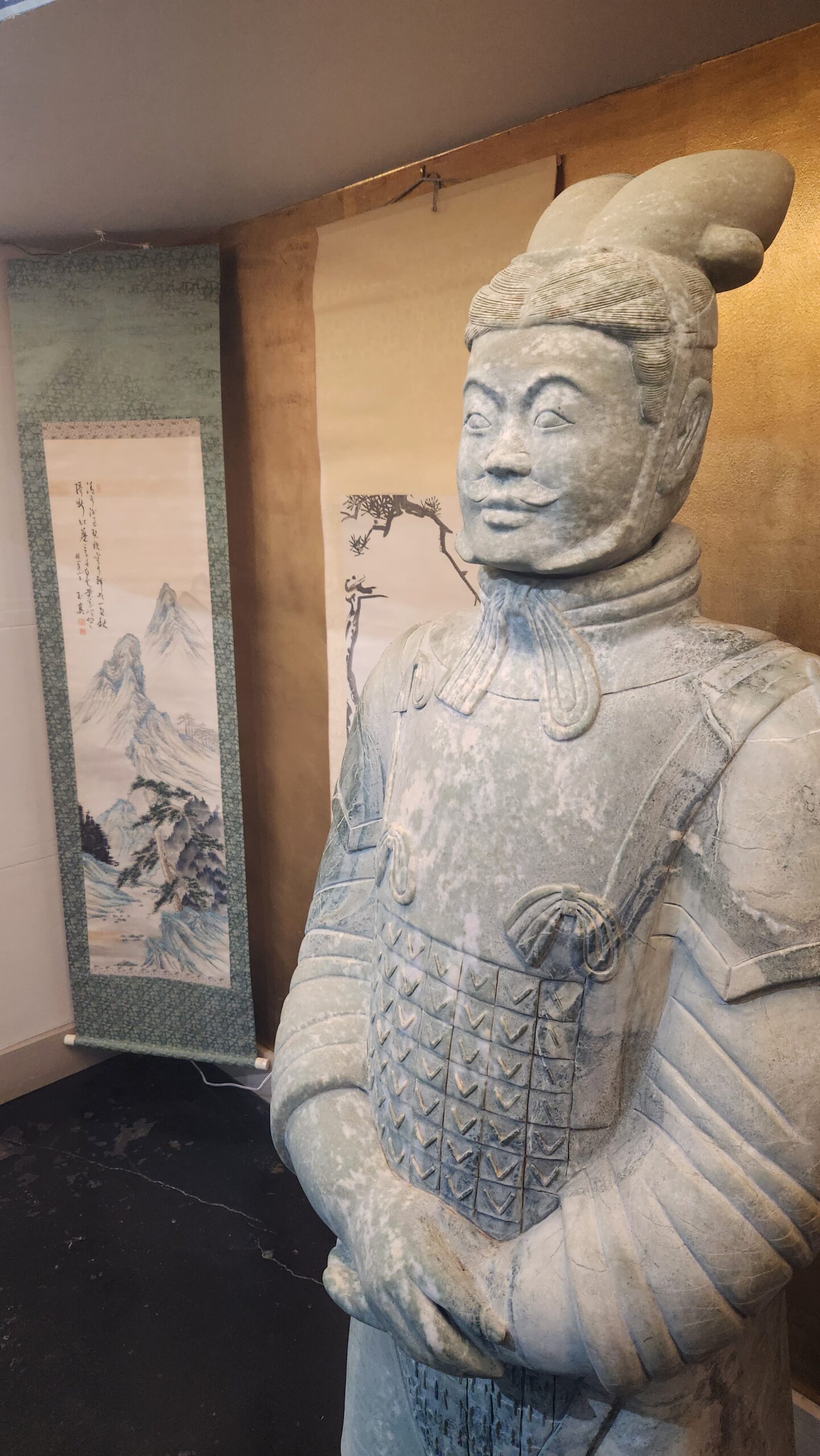
1990s
1990s
History of the Museum
Expansion
During this decade, the museum's collection expands significantly with the addition of new Asian antiquities and exhibits. This growth includes donations from private collectors and acquisitions from various Asian countries, enriching the museum's offerings and attracting more visitors.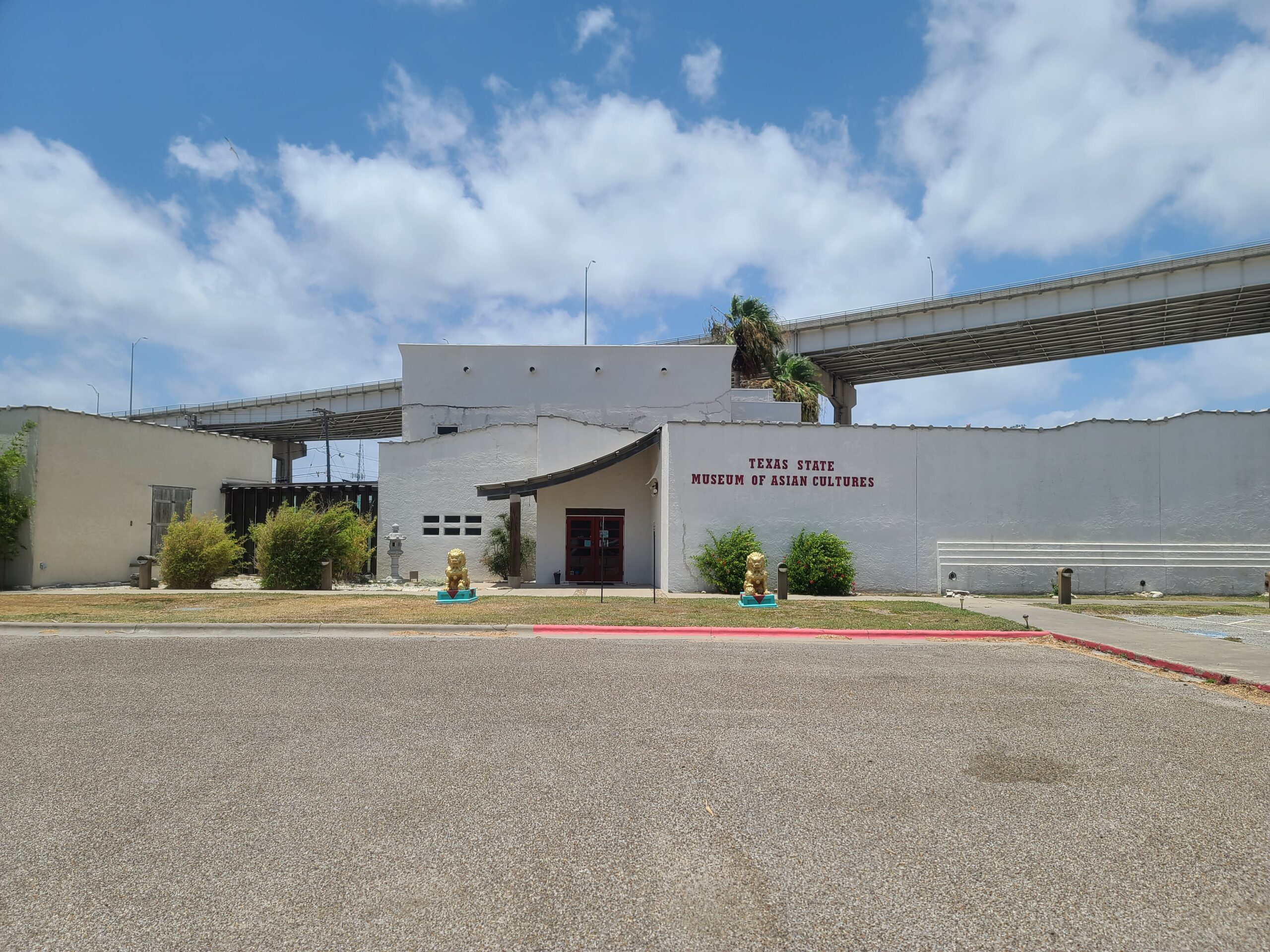
2000s
2000s
Moving in
New Location
The museum relocates to its current facility in the heart of Corpus Christi's downtown SEA District. This strategic location places the museum within walking distance of major attractions like the American Bank Center, the Harbor Playhouse, and Heritage Park, increasing its visibility and accessibility to the public.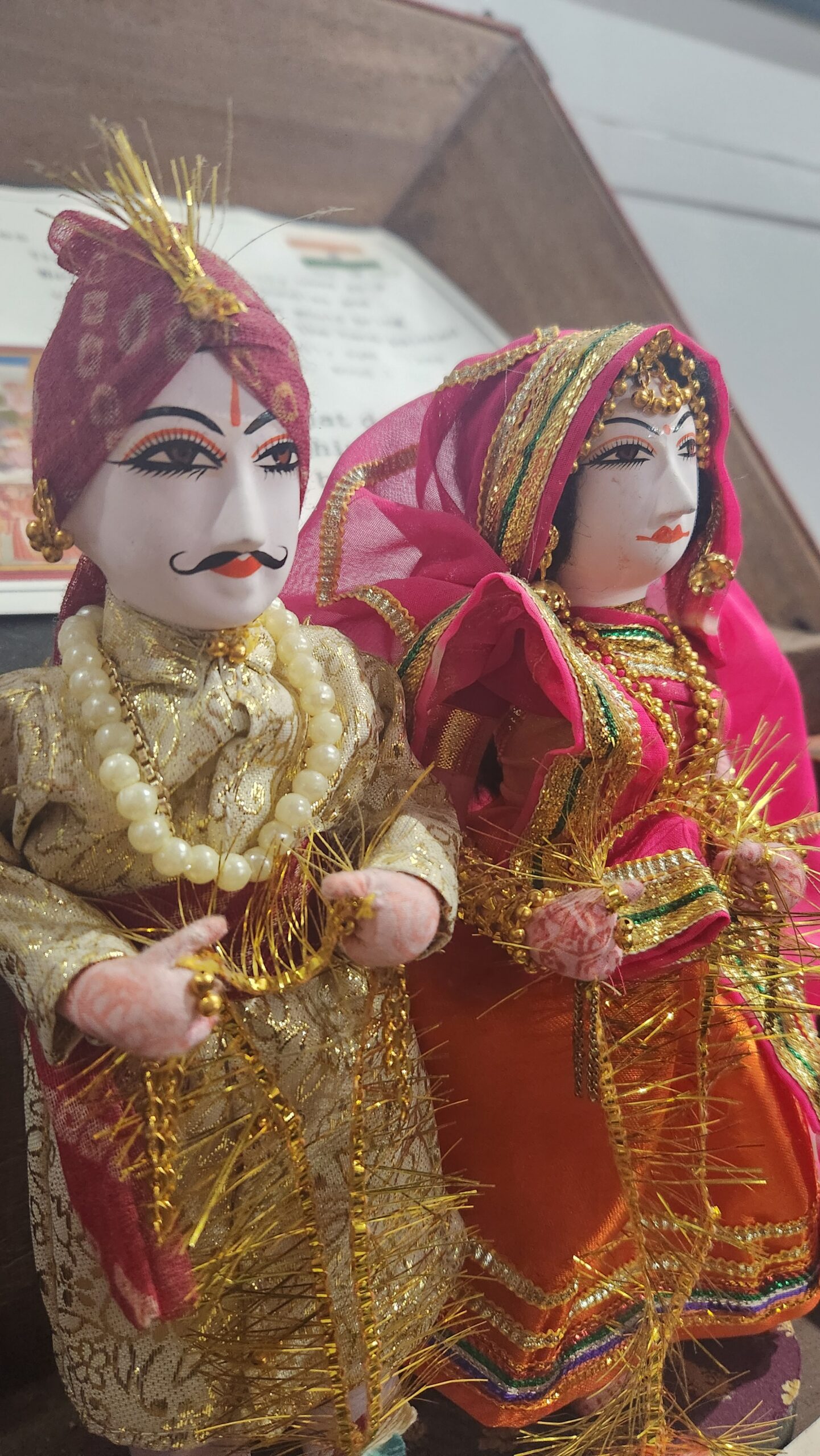
2018
2018
Celebrating Indian Culture
Bollywood Event
The museum hosts a Bollywood-themed event featuring live dancers from the University of Texas at San Antonio (UTSA) and the Dhol Tasha drum team from Texas A&M University-Kingsville (TAMUK). This event is a huge success, drawing large crowds and showcasing vibrant Indian culture through music and dance.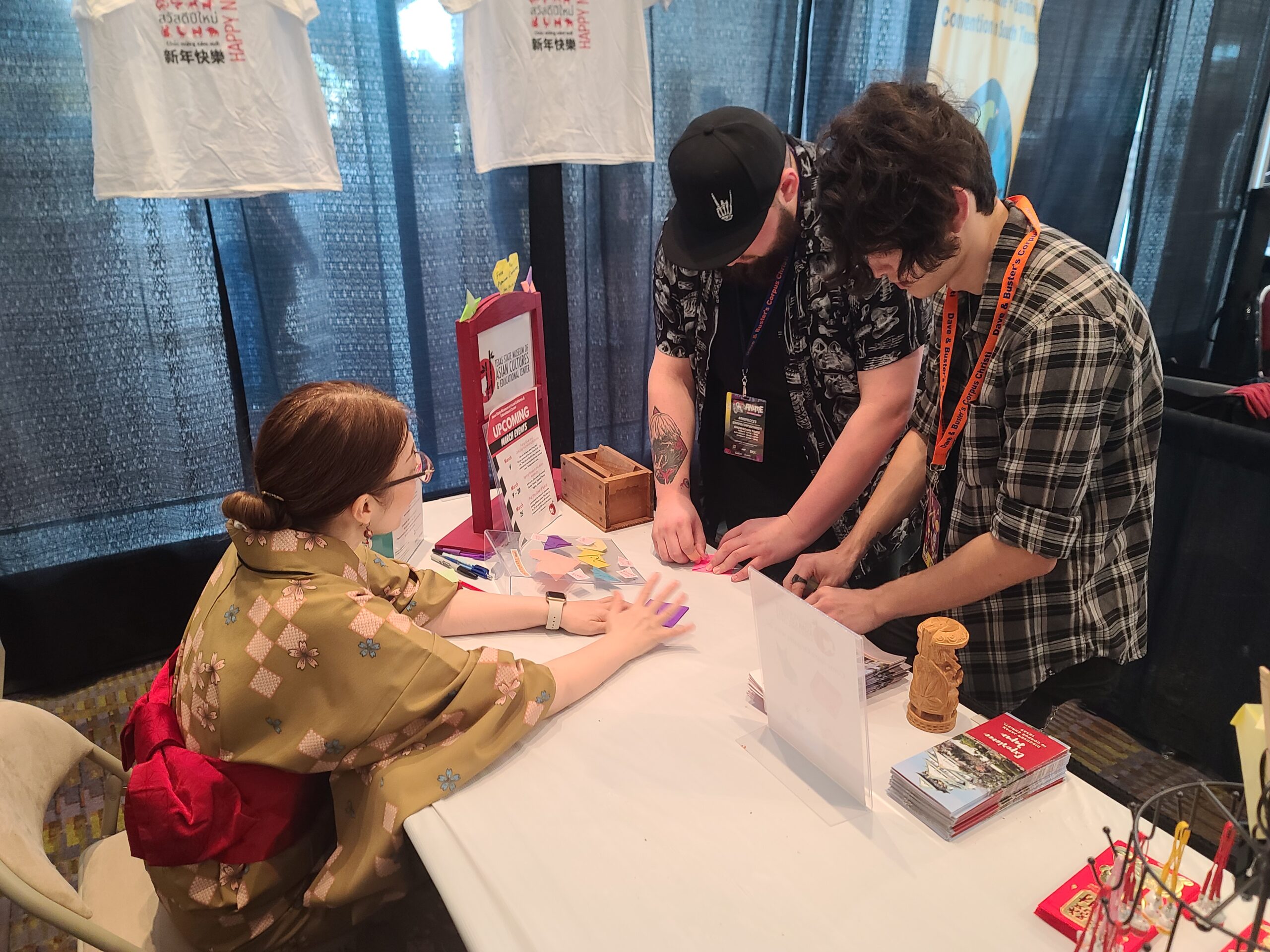
2020
2020
Updates To Our Museum
Adapting
COVID-19 Adaptations: The museum implements CDC guidelines to ensure the safety of visitors and staff. Despite the pandemic, the museum finds innovative ways to continue its programming, such as using a DJ and projector for Bollywood music videos, which proves to be a popular and effective adaptation. Virtual Tours: To accommodate those who cannot visit in person, the museum launches virtual and digital tours and presentations. These virtual offerings provide a way for people to explore the museum's collections and participate in educational programs remotely.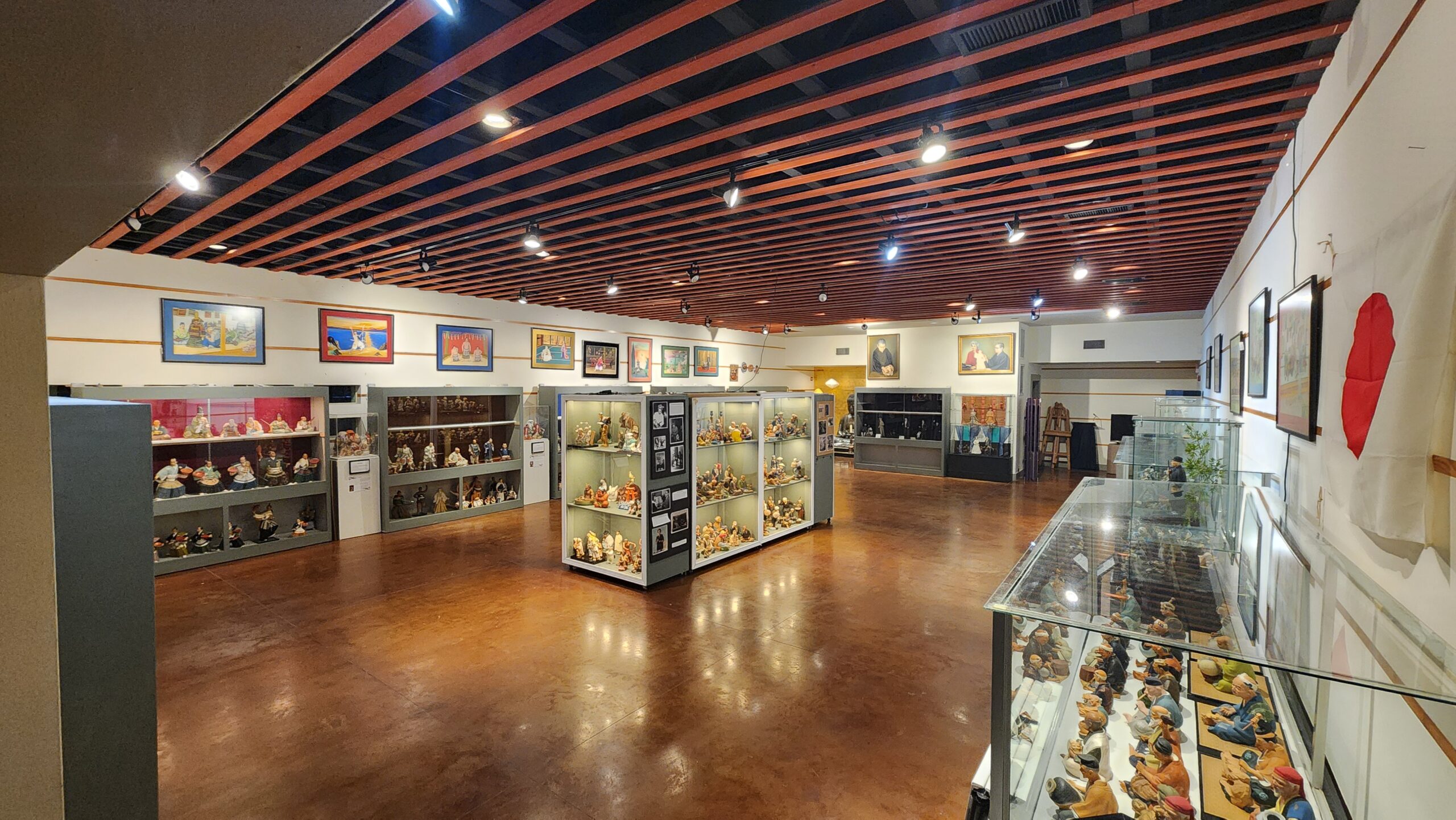
Present Day
Present Day
New Leadership Thrives
A New Approach
The museum's educational programs attract over 3,500 children annually from grades pre-K through college. These programs cover a variety of topics, including the history and art of Asian cultures, storytelling and folktales, hands-on activities like origami and calligraphy, and live weapons demonstrations.Current Exhibits:
The museum features several notable exhibits, including:
- Large Buddha Statue: A 17th-century bronze Buddha donated by a temple in Japan, weighing around 3,000 lbs.
- Western Items: Artifacts from Mrs. Chandler's time teaching in Japan, including paintings of U.S. Presidents Eisenhower and Truman, and items used for teaching American history to military children.
- Oishi Junkyo (1887-1967): Works by the armless artist who became a Buddhist monk and taught art to people with disabilities.
- Origami: Regular classes and workshops taught by volunteers, including high school students who are origami experts.
- Hakata Dolls: A vast collection representing everyday scenes and historical figures, reflecting Mrs. Chandler's mission to showcase Asian culture.


